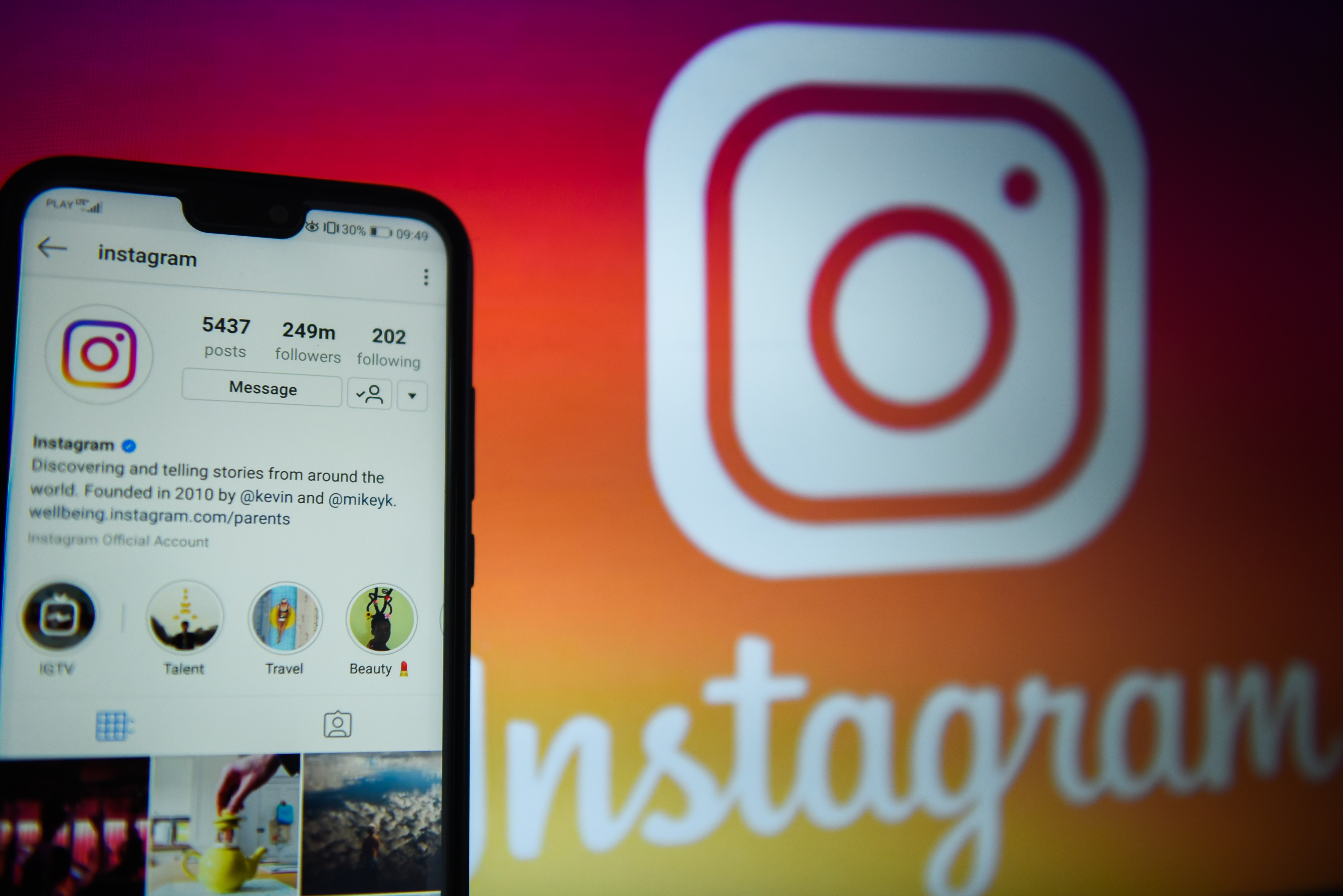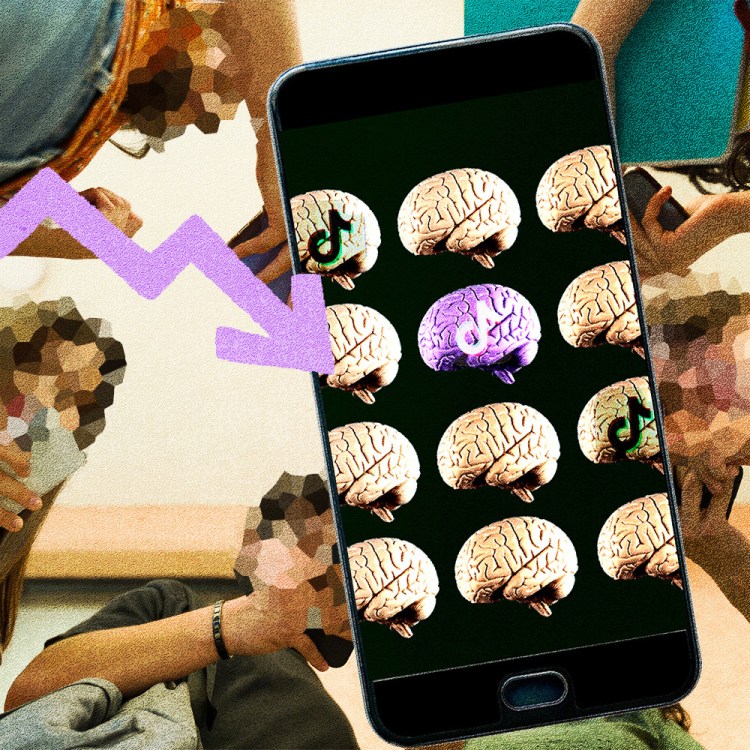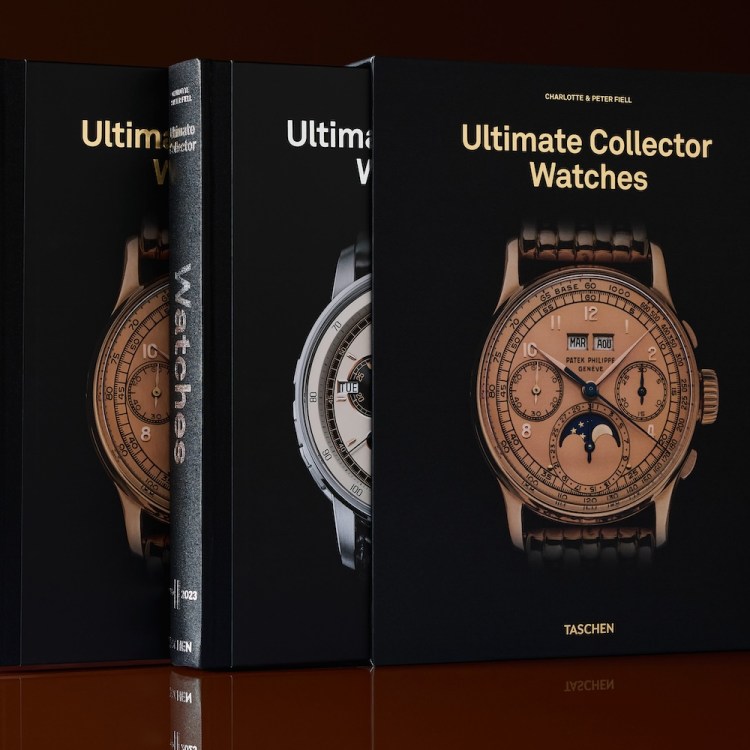Technology has made it easier than ever to be connected at all times. Have a girlfriend who lives in the next city over? Parents on the other side of the country? Shady offshore banking concerns that require frequent checkins? There’s an app for that.
But there’s an inverse to all this convenience: the relationships right in front of our faces (including ones we didn’t invite in) tend to suffer from that very same technology. Below, we’ve compiled five pieces of journalism that detail how and why humans are increasingly alienating themselves from the “real” world to indulge in their digital lives.

An entire generation lost?
Post-millennials today are physically safer than young people ever have been in the history of this country, Jean Twenge reported this week for The Atlantic. But mentally, they’re on the brink of a crisis. Why? Because of their phones. Twenge calls these younger-than-millenials iGen, because more of them have smartphones at their ages than any previous one — which makes sense, since others didn’t have access to them. Twenge writes that “rates of teen depression and suicide have skyrocketed since 2011. It’s not an exaggeration to describe iGen as being on the brink of the worst mental-health crisis in decades. Much of this deterioration can be traced to their phones.”

But they feed off of it
What’s perhaps even more alarming and disturbing than losing a generation of kids to their phones is that suffering a mental breakdown in front of the entire world — or at least your followers — is considered cool, as Jess Joho discovered for Mashable. “The era of being Sad Online is defined by a sense of reverse FOMO, a tacit agreement to redefine being cool on the internet through JOMO (the Joy of Missing Out) — then file it under social anxiety,” she writes. “It’s possible, though, that constantly posting about our sadness or anxiety can at times be just as performative as the #posivibes self-care culture that’s starting to feel lame.”

Married people are feeling the effects
The pressure to have an enviable social-media presence doesn’t weigh heavily only on the youngest generations; millennials and even boomers are feeling the effects, too. One couple spoke with Maggie Parker of The New York Times about how on their honeymoon — the happiest trip of their lives — they were so caught up in creating the perfect Instagram shot that it put them on the brink of a split. “I had to prove to the world that I was having a great time,” the wife said. “He [the husband] described the weeklong vacation with his new wife, as a ‘sunset nightmare,’ ‘stressful,’ ‘cumbersome’ and ‘torturous,’” Parker writes.

It’s created a new way to stalk
In a small New Hampshire town where crime wasn’t exactly running amok in 2012, a high school student walked into the local police department and told a detective that “someone she hadn’t met … had been texting and hounding her for naked photos,” Stephanie Clifford wrote in Wired. “When she wouldn’t send any, he broke into her cell phone account — she wasn’t sure how — and found nude photos. Then, as if to maximize her humiliation, he copied and sent them to her friends.” This is the reality of how sexual harassment and exploitation are made easier via tech.

And it promotes misinformation … about itself
Remember that story about how we’re all going to start growing horns out of the backs of our heads because of how we tilt our heads forward and down to look at our phones? It was bogus. The researchers behind that “study” haven’t actually provided any data to back it up. But it spread like wildfire, as viral stories do, because of the rate at which it was being shared online, Nsikan Akpan explains on PBS. If you’d rather not be duped, heed his advice on how to spot a fraud.
This article appeared in an InsideHook newsletter. Sign up for free to get more on travel, wellness, style, drinking, and culture.


















